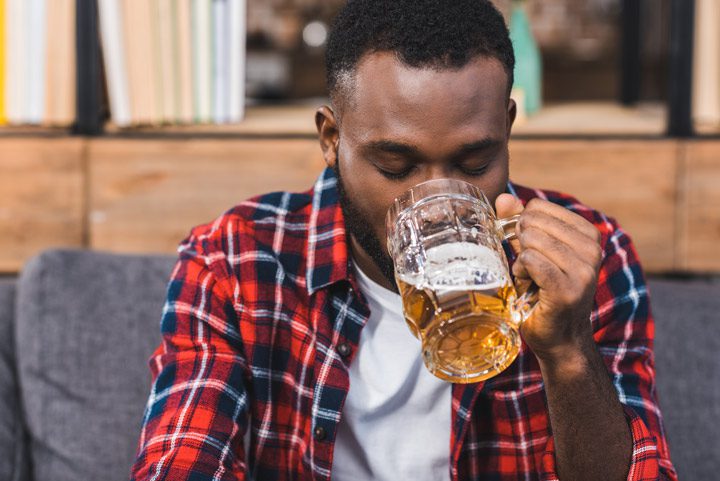
7 Reasons People Relapse from Drug and Alcohol Addiction
It’s hard work to stop using substances your body and brain have become dependent on. That hard work is something to be proud of – recovery requires perseverance and making some big life changes.
Yet, as proud of yourself as you may be, you may also be haunted by a constant worry: relapse. What might trigger you to start using substances again? How can you stay strong?
Understanding why addiction relapse occurs may help you to avoid it. When you know what might weaken you, you can plan for how to get the support you need to stay sober.
Why Does Relapse Happen?
Information from the U.S. Surgeon General offers some insight into why relapse occurs. Generally, the repeated use of addictive substances changes the structure of the brain. The brain learns to link the rewarding high with the substance, and therefore begins to seek out that substance by generating intense physical and psychological cravings.
In addiction recovery, we work to break that link. But even when substances are no longer in the body, the brain still associates that “positive” high with various people, places, or experiences. Thus, encountering those high-risk people or situations can cause your body to desire the substance again.
Why People Relapse
There are many potential reasons relapse occurs. Here are some of the most common.
#1: Non-Treatment of Underlying Mental Health Disorders
Depression, anxiety, bipolar disorder, and many other mental health disorders increase the risks of relapse. Without treatment for both conditions at the same time, it becomes difficult for your brain to move on. If you haven’t treated your mental health disorder, you could be at a much higher risk for relapse.
#2: High Stress Without a Plan
Everyone faces stress. It’s not about trying to avoid stress but rather having an effective way of managing the physical and emotional toll of high-stress situations. If things get difficult, the brain seeks out a way to feel better, which can create a desire to use substances. If you can take other steps to quell the stress, you’ll avoid relapse.
#3: Being Around Others Who Use Substances
Being around people who are using substances is a very dangerous situation for anyone in addiction recovery. It creates an intense risk for relapse because of the exposure to the substance and the desire to have the same experience everyone else is having. Removing yourself from such situations (and not allowing yourself that type of exposure in the first place) is critical, especially in early recovery. Over time, you’ll be able to build up your ability to be around people who are having a drink, for example.
#4: Certain Locations
Many people associate their drug or alcohol use with a specific area or place. For example, going into a bar as a recovering person with an alcohol use disorder is not smart. But often, the places that trigger you will be more specific to you. For example, a certain friend’s backyard where you used to drink or get high might be just as triggering for you as a bar. These are areas you’ll want to avoid.
#5: Intense, Negative Emotions
Life comes with challenges that include many negative emotions, from grief to fear to anger to extreme anxiety. These types of intense emotions can trigger the brain to seek out some type of relief. Losing a loved one, ending a relationship, losing a job, or other intense situations put you at risk for relapse if you don’t reach out for support.
#6: Negative Self-Talk
Having negative thoughts or saying negative things about yourself can put you at risk for relapse. For example, if you have a bad day and all you can think about is “how stupid I am” or “I cannot do this because I am weak,” chances are good that you’ll be closer to relapse than you realize. There are ways to shift negative thinking and stay motivated to stay sober.
#7: Poor Self-Care
Self-care is a critical tool in building long-term recovery. It focuses on giving your body everything it needs to thrive. This includes:
- Routine, consistent sleep
- Healthy meals and nutrition intake
- A steady routine throughout the day
- Routine exercise
- Someone to talk to about concerns
- Medical support as needed
- Support from therapists, mentors, and group meetings
To empower long-term recovery, ensure you are staying connected with a sober community and working with a therapist as needed.
Reach Out for Immediate Help Today
What if, in just 4 weeks, you could see a remarkable improvement in your health and be at less risk for relapse? We can help you do that. Our team at Victory Addiction Recovery Center in Lafayette, LA, is here to help you to avoid relapse and to build a strong future. Relapse doesn’t have to happen. With the right tools, you can be empowered to see remarkable change throughout your lifetime. Contact us now to learn how we can help you.